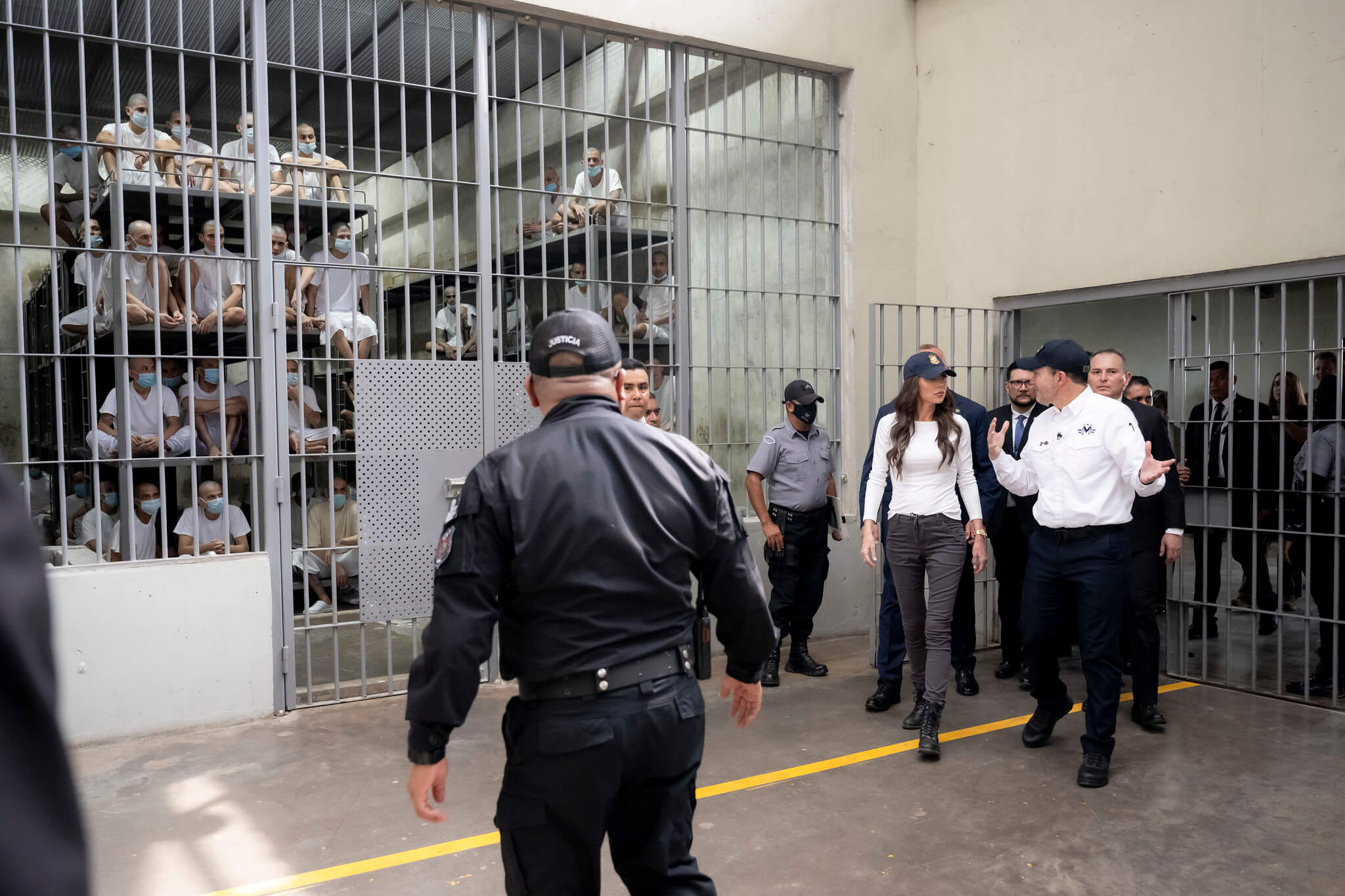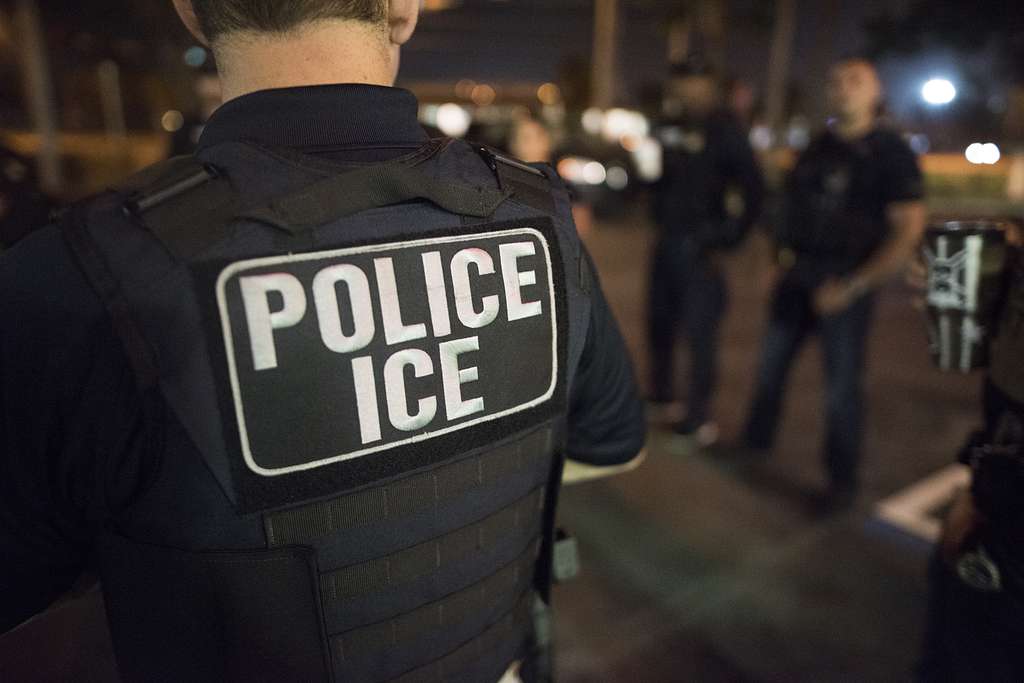The Coming Constitutional Crisis?
The notion of a “constitutional crisis” is not a well-established concept within American legal theory, but it certainly has been a part of popular political discourse. It gives expression to the recurring sense that our constitutional institutions are fragile and sometimes under intolerable stress.
Published by The Lawfare Institute
in Cooperation With

The notion of a “constitutional crisis” is not a well-established concept within American legal theory, but it certainly has been a part of popular political discourse. It gives expression to the recurring sense that our constitutional institutions are fragile and sometimes under intolerable stress.
Yet cries of “constitutional crisis” can lead us to underestimate the strength of our constitutional system. We should not be too quick to declare that something has gone wrong when the normal mechanisms of checks-and-balances are deployed to keep the constitutional system functioning as it should. Moreover, the rhetoric of crisis is often used strategically by those who would wish to consolidate power and cast off constraints. If we are in a crisis, then all bets are off and extraordinary action may be justified.
I have argued that it makes the most sense to think about a constitutional crisis in circumstances in which the constitutional order itself is failing. In particular, we can think of constitutional crises as being of two types. First, an operational crisis arises when important political disputes cannot be resolved within the existing constitutional framework. If the Constitution gives us contradictory answers as to how to decide a critical political question, then the Constitution is not performing its most basic function. If the constitutional mechanisms genuinely grind to a halt or throw a gear, then we are faced with a crisis of constitutional operation. Second, a crisis of fidelity would arise if important political actors no longer believed themselves bound by the constitutional rules. Constitutions are made real only to the degree to which political leaders agree to abide by their terms, to play within the rules of the political game established by the constitution. Disagreements over what the constitutional rules in fact require have been common in the American experience, but it is far rarer for American political leaders to simply cast aside those rules. Without a political commitment to constitutional fidelity, the Constitution is just a piece of paper.
It is not a crisis when government officials exceed their power or violate a constitutional rule. Mistakes can be made, sometimes even intentionally. What is important is that there are ways to identify and remedy such errors. Tools ranging from judicial review to popular elections to presidential vetoes to congressional impeachments are all incorporated into our constitutional structure precisely in order to provide such a remedy. Those tools might sometimes fail and individual errors might escape correction, but the system as a whole is robust enough to tolerate the occasional mistake. When constitutional errors become systemic, are no longer even regarded as errors to be corrected, or are simply too great to bear, then the constitutional order as a whole is in crisis. The constitution is no longer governing the political system. Political actors have slipped its bonds.
This brings us to our current situation. President Trump does not seem to understand very well our constitutional rules, practices and norms, and it is not always evident that he even cares very much about them. In such a circumstance, the supporters, advisors, aides and allies of the president have a special responsibility to help guide him down the straight and narrow constitutional path. If he were to step off the path, they would need to help correct him and restore our commitment to constitutional fidelity.
When the president dismissed FBI Director James Comey, he may have been acting within his constitutional powers, but he strained against his constitutional duties. In this case, Deputy Attorney General Rod Rosenstein restored the constitutional order to a significant degree by appointing Special Counsel Robert Mueller, who is widely trusted to conduct a thorough investigation of Russian involvement in the presidential campaign and its aftermath. The president’s decision to nominate the professionally respected Christopher Wray to replace Comey at the FBI, rather than one of the several politically-inflected appointments he reportedly consider making, was also a positive sign.
Yet President Trump has since been working to undermine these gains. Most recently, his comments expressing remorse over the appointment of Attorney General Jeff Sessions given the ongoing Russia investigations, along with his continued criticism of Mueller for conducting those investigations, again invite questions over whether the president appreciates the duties of his office. Reports that the White House might be preparing to block Mueller’s investigation, issue pardons to Trump’s associates (or even to himself), or indeed remove Mueller from his position raise the specter of a replay of President Richard Nixon’s decision to fire special prosecutor Archibald Cox.
Removing Mueller in these circumstances would be a grave breach of constitutional norms and would reveal the president to be unwilling to allow meaningful investigations into possible wrongdoing by his family members and associates, and perhaps even by himself. Yet that would not in itself be a constitutional crisis. This would come if Republicans in Congress proved equally unwilling to hold the president to account following Mueller’s removal.
James Madison’s explanation of the virtues of the new constitutional design produced in Philadelphia in 1787 was premised on the assumption that federal officials would be motivated to make use of the constitutional tools that they were being given to “control the abuses of government.” If members of Congress prove unwilling to apply the appropriate checks when presidents violate their own constitutional duties or abuse their own constitutional powers, then the constitutional machine would no longer be functioning as it should to advance the general welfare of the country and secure the freedom of its citizens. It would be a disturbing sign that those officials had themselves lost faith in the necessity of adhering to the constitutional rules, and it would encourage the people themselves to doubt that the Constitution is still a part of our lived political reality.
A breach of constitutional norms must be repaired, not facilitated or ignored. The system of checks and balances only operates if elected representatives are willing to fulfill their own constitutional responsibilities and exercise their own constitutional powers. Congressional Republicans would become complicit in the administration’s misconduct if they were not to take action to effectively respond to it. There would, no doubt, be political and electoral costs to such passivity. The constitutional costs could be even more severe.




